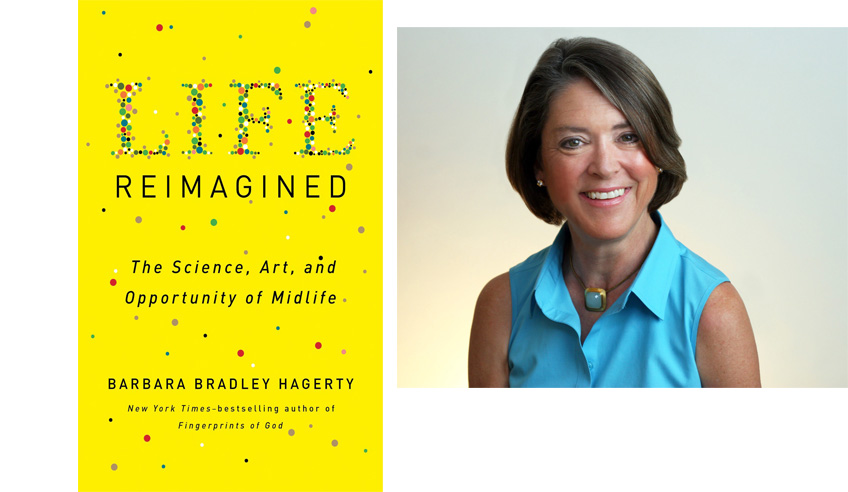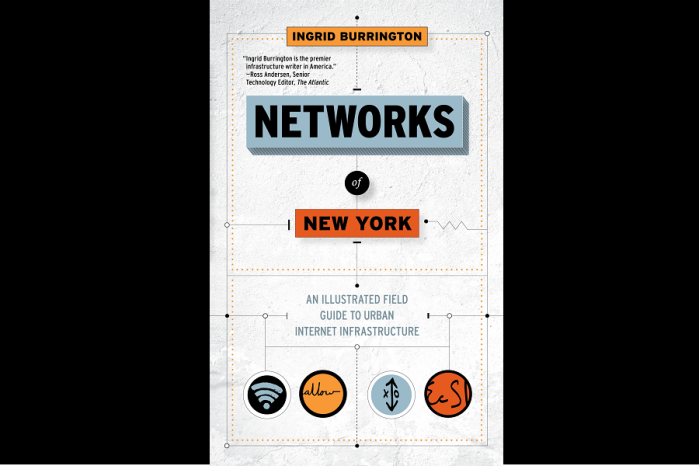It wasn’t until former NPR correspondent Barbara Bradley Hagerty was on the brink of her own “midlife crisis” that she started to give serious thought as to what exactly the term meant. Defined as experiencing intense emotional distress about getting older, Hagerty didn’t let her anxious thoughts drag her down. Instead her fear drove her to research everything she could about midlife, from what happens to the brain, body, happiness and more. She shares her findings in her new book, “Life Reimagined” (out March 15), and learned midlife is actually a peak, not a valley. She lets us in on some of the highlights here: Related: 5 secrets to living longer
1. The vast majority of people don’t have a midlife crisis. Hagerty says that not only are your career and relationships more likely to be more stable than in your 20s and 30s, but you are more resilient and able to handle a crisis better. “You have a lot more experience under your belt. You think, I’m not going to freak out because I’ve been here before. I’ve seen this,” she says. Related: SI’s 56-year-old model on working a swimsuit 2. Your state of happiness actually rises. “There are actually two types of happiness,” Hagerty explains. “Hedonistic happiness is momentary happiness; being happy in the moment. Eudaimonic is deep happiness, feeling like you have a meaningful life. People in midlife have really meaningful lives.” After spending time raising kids or putting effort into your career, you finally see it paying off. Related: Fitness moves that undo the damage of sitting all day 3. You absolutely are getting smarter. And new evidence is showing that you actually can increate your fluid intelligence after 30 — if you work at it by doing things like reading and IQ brain exercises. Hagerty raised her own IQ by doing this. Related: Human-lie robot could help people living with dementia 4. You can turn back the clock on memory loss. 5. You have control to ward off Alzheimer’s. How could this be? “The number one predictor of escaping the symptoms of Alzheimer’s is purpose in life, having a reason to get out of bed in the morning,” Hagerty says. While it’s true that when you reach midlife, your purpose changes — your kids are grown, or you may retire therefore work is no longer your main focus — that doesn’t mean you are done living. “It could be your family. It could be doing pro bono work,” Hagerty says. “It doesn’t matter what it is as long as you have it. So it’s easy. Choose something you love and pour yourself into it.” Follow Emily on Twitter: @EmLaurence
While the term gets a lot of play in the media, Hagerty learned that it’s something hardly anyone actually experiences. “There is a lot of research about midlife that goes against the stereotype of people reaching their 40s and 50s, getting antsy and dumping their spouse for a younger model and buying a red convertible,” she says.“It turns out that’s just not true. In fact, when I did my research looking at the brain at midlife, midlife marriage and midlife career, midlife is the peak in many ways.”
When Hagerty looked at how happiness changes throughout one’s lifetime, she found that researchers all over the world came to the same conclusion: there is a U-shape to happiness over the course of a lifetime. Research shows that happiness is high in the 20s and 30s, and then dips in the 40s and 50s. But in your late 50s, it starts to rise again, reaching the same levels as before.
While it’s true that fluid intelligence — being able to tackle problems you’ve never seen before — starts to decline in your late 20s, scientists have found that there is another type of intelligence, crystalized intelligence, that only increases. “This is everything you absorb,” Hagerty explains. “It’s wisdom. It’s vocabulary. It’s general learning and knowledge.”
“Life Reimagined” points out that we are constantly creating new brain cells, and you can preserve them through learning new things. “If you learn, by teaching yourself a new language, a new skill, reading, or going to the museum, you are actually keeping those new cells alive and they are crucial for preserving memory,” Hagerty says. Exercising also plays a huge role. “People who begin exercising, just walking every day, actually turn back the clock on memory loss. They did better on memory tests than they did two years earlier,” she says.
As people get older, one of their biggest fears is getting Alzheimer’s disease, mental deterioration. But Hagerty discovered something fascinating when researching her book: The Rush University Medical Center has been studying the cognitive and psychological effects of aging for 20 years, part of which includes doing autopsies on the brain after someone dies. One-third of the autopsies showed an Alzheimer’s diagnosis, yet there were absolutely no symptoms of this when the person was alive.
5 reasons midlife isn’t a crisis

George David Sanchez


















